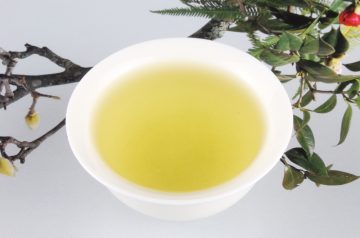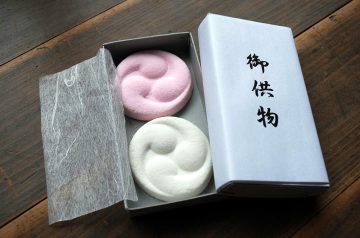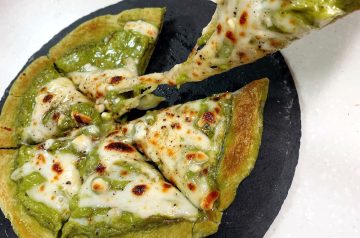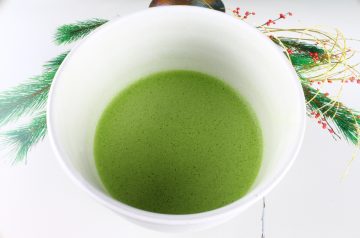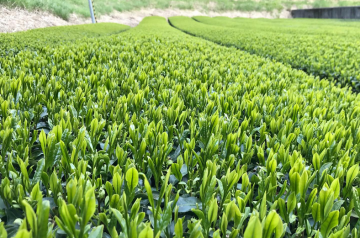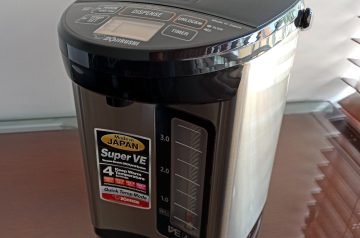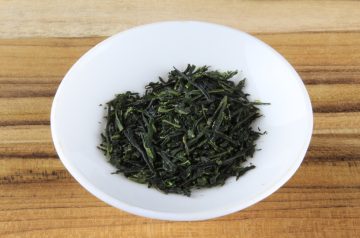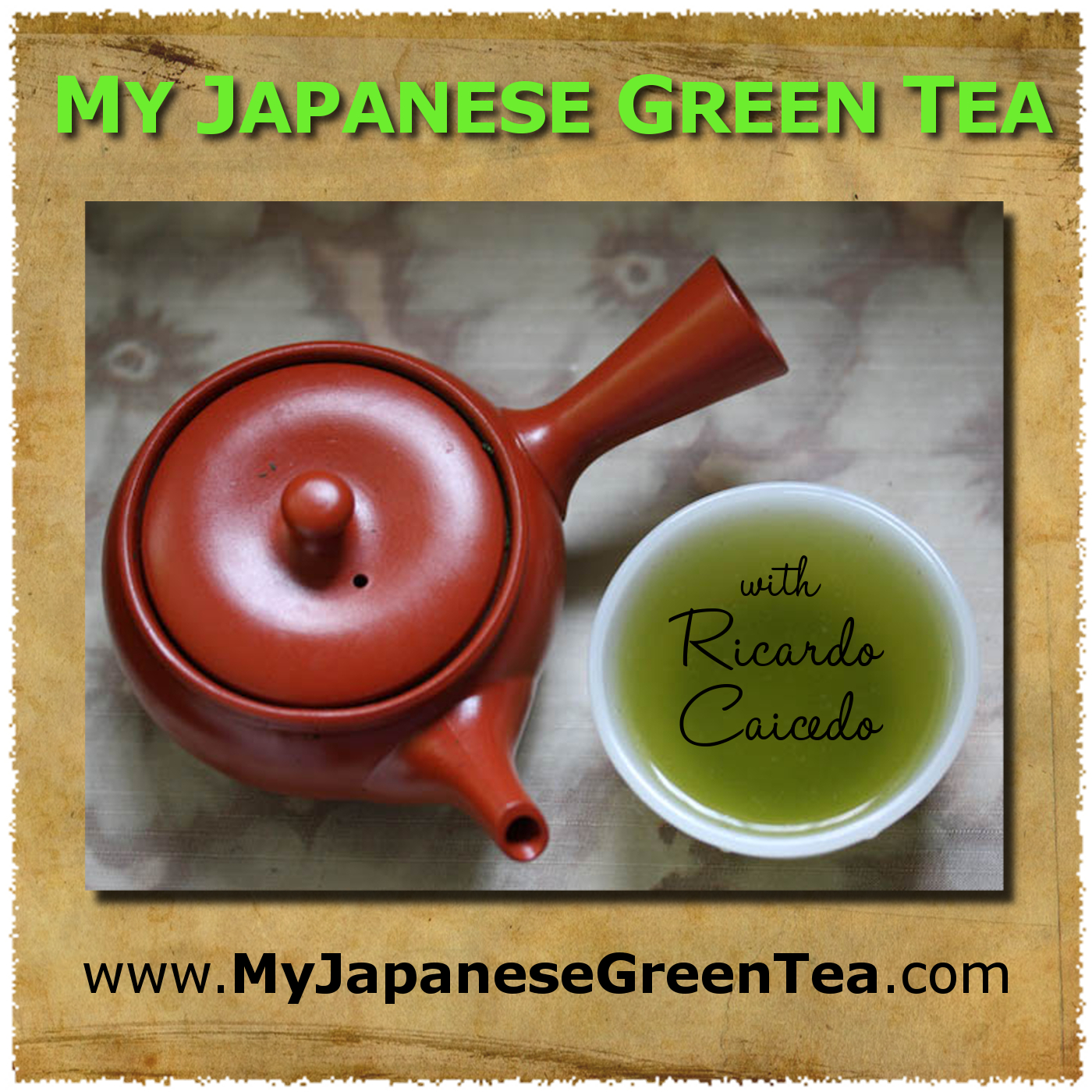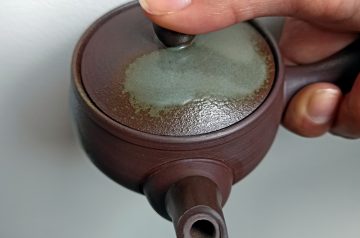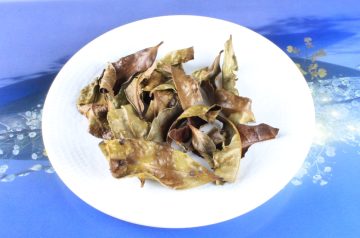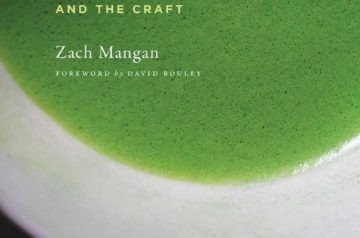I saw an old NHK documentary, it is the sixth in a series about Japanese art and culture. This one focuses on the tea bowl. It’s not just about...
Sugimoto Tea Sencha Koushun
Many years ago I tried the Koushun cultivar for the first time at Chachanoma. It was a delightful experience. Unfortunately, time passes and now I can barely remember what...
Rakugan
Rakugan (落雁) is a Japanese dried confectionery that is commonly used in the tea ceremony. This wagashi (traditional Japanese sweet) is made with flour (often from rice) and sugar...
Matcha Pizza
I’ve seen matcha used as an ingredient for many dishes, but it has never occurred to me that a matcha pizza exists. First I saw one from Japan through...
Nio Teas Gokou Matcha Koiai
This is the first product that I review from Nio Teas, an online store that sells Japanese tea. Although the Gokou cultivar is commonly found in the Uji region,...
The Marishi Tea Cultivar
Marishi (摩利支) is named after the Buddhist guardian deity called Marishiten in Japanese. Meant for sencha production, this is an extremely early budding cultivar. History of Marishi In present...
Zojirushi VE Hybrid Water Boiler
The first time I saw a Zojirushi water boiler was when I lived in Japan. It’s a popular brand there. I bought one when I left Japan and I...
Maiko Tea Nomigoro Gyokuro
I visited Maiko Tea many years ago when I was on a tea tour in Kyoto prefecture. What I remember the most is that they served me a gyokuro...
Podcast 052: Steeped
A while ago I was contacted by Tristan Otto, the co-founder of Steeped. I didn’t know that this app existed, so I talked with Tristan to learn more about...
I Prefer Small Teapots
I’ve become used to drinking tea in small teacups and teapots. Of course, in the case of many guests I would use a bigger teapot. But for few people,...
Mitocha Makibi Kancha
I’ve known about kancha for years, but I only managed to get my hands on a sample now. It is quite rare. In fact, this isn’t the original one...
Stories of Japanese Tea (Book Review)
Thanks to Princeton Architectural Press, I obtained a copy of this book before it was published. The author is Zach Mangan, founder of Kettl. I haven’t tried their teas...


